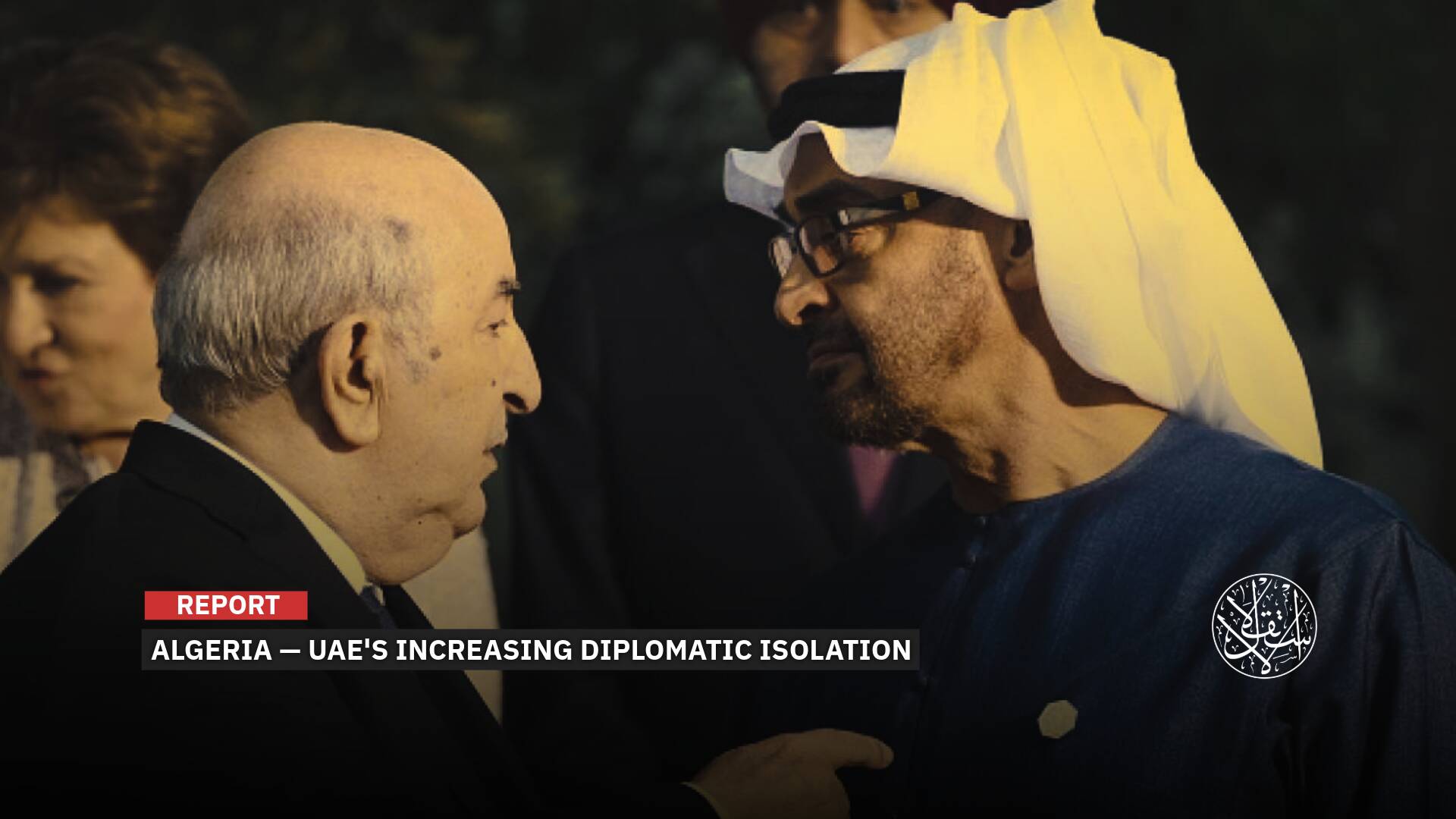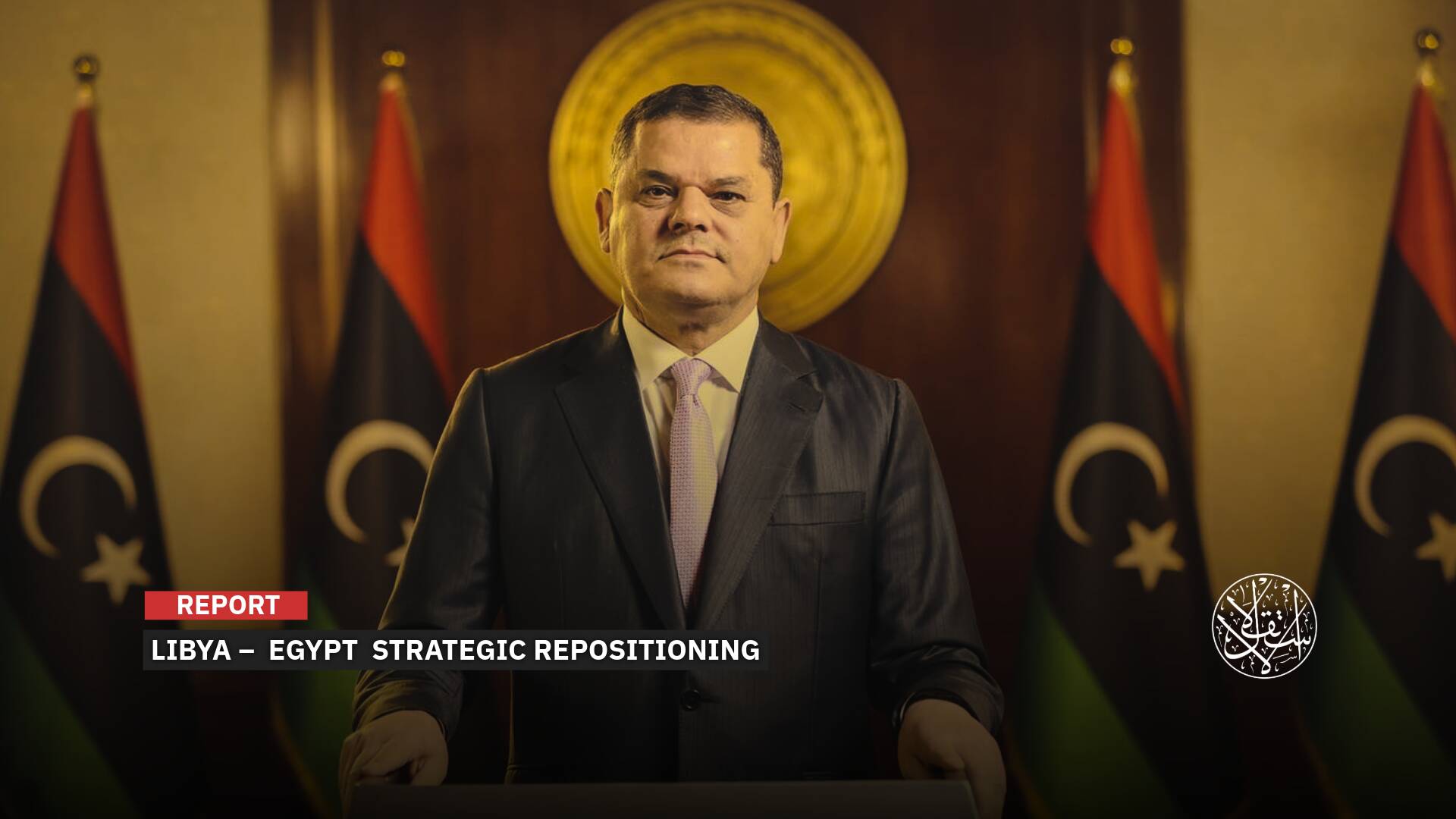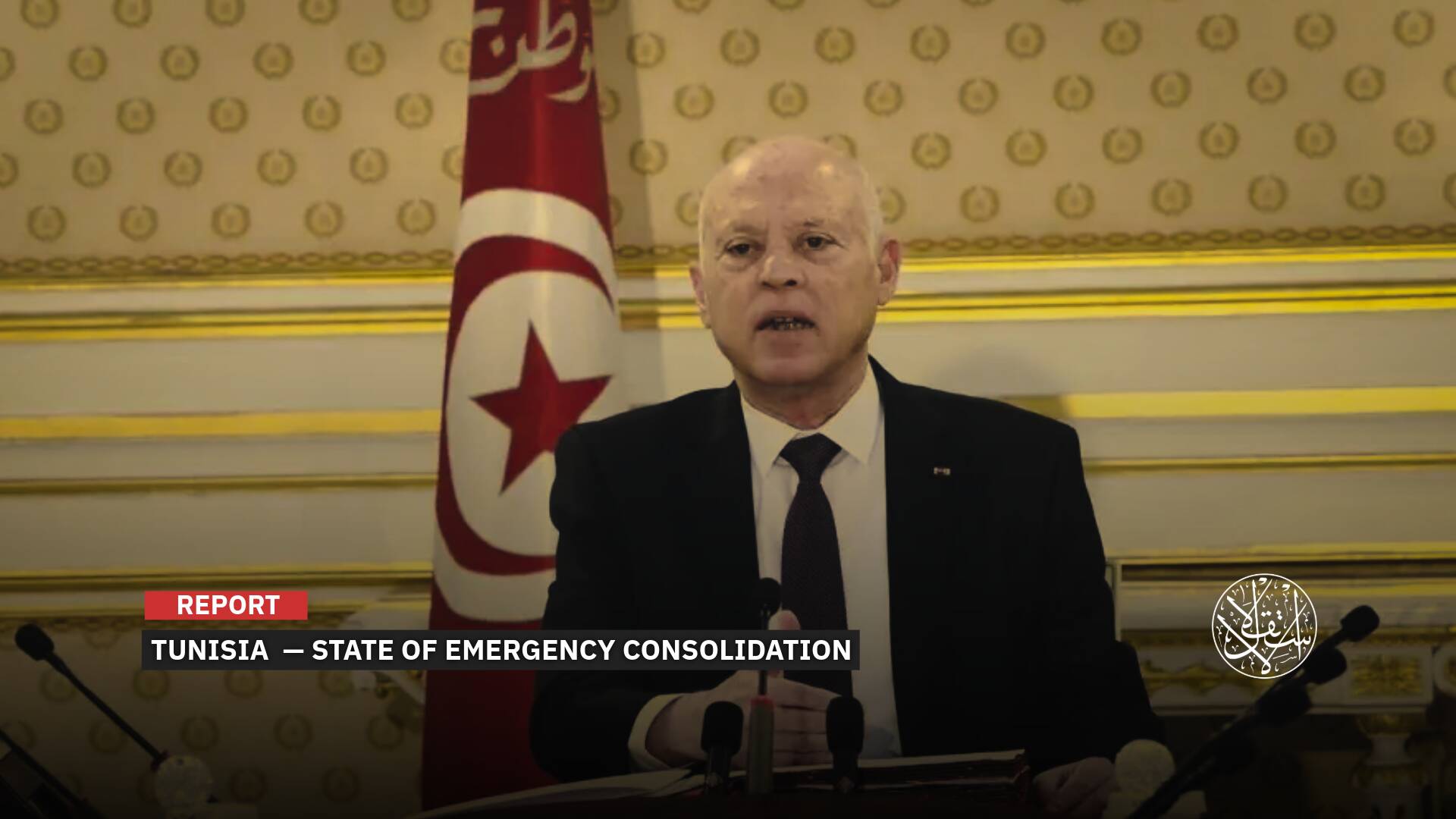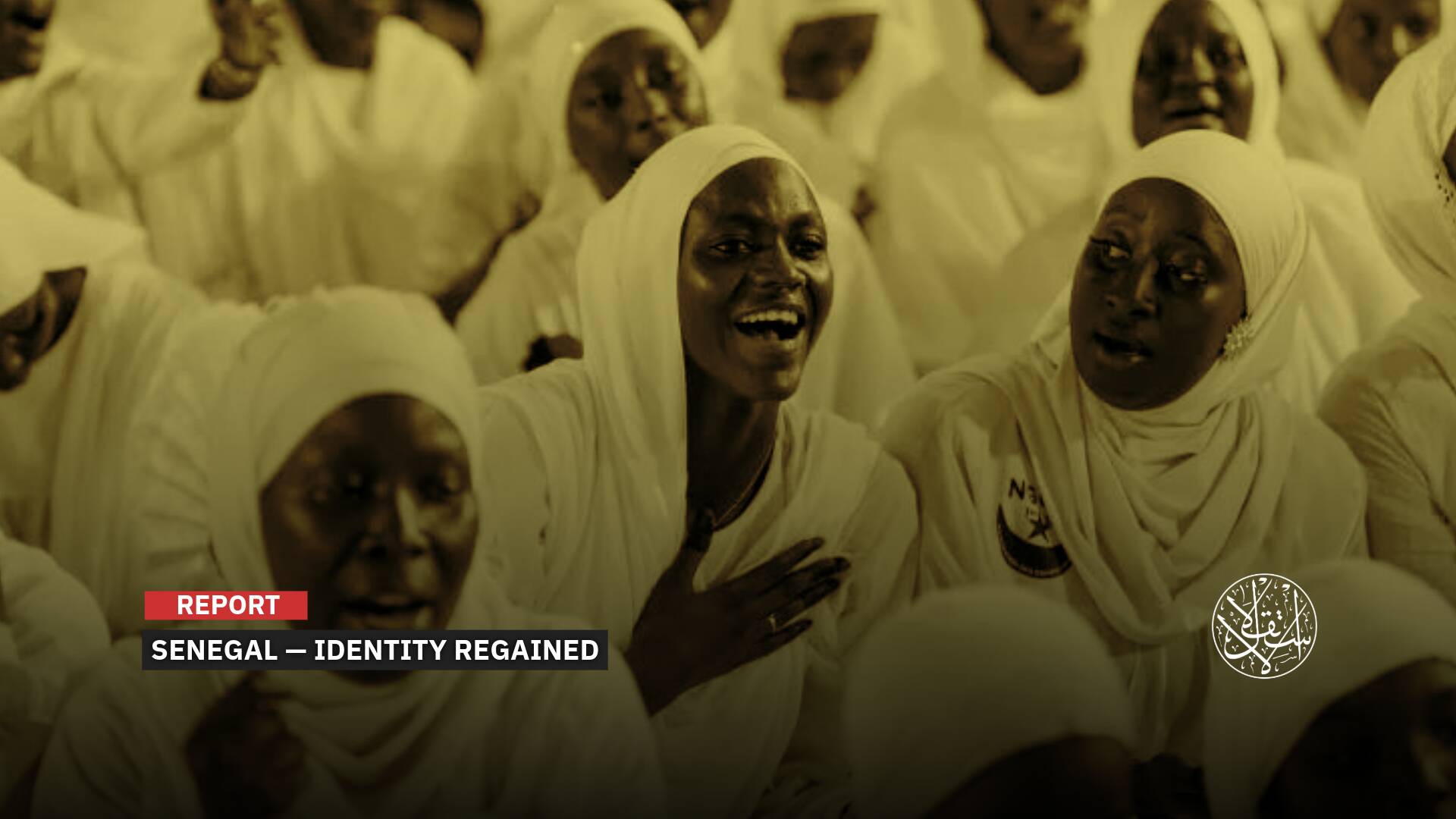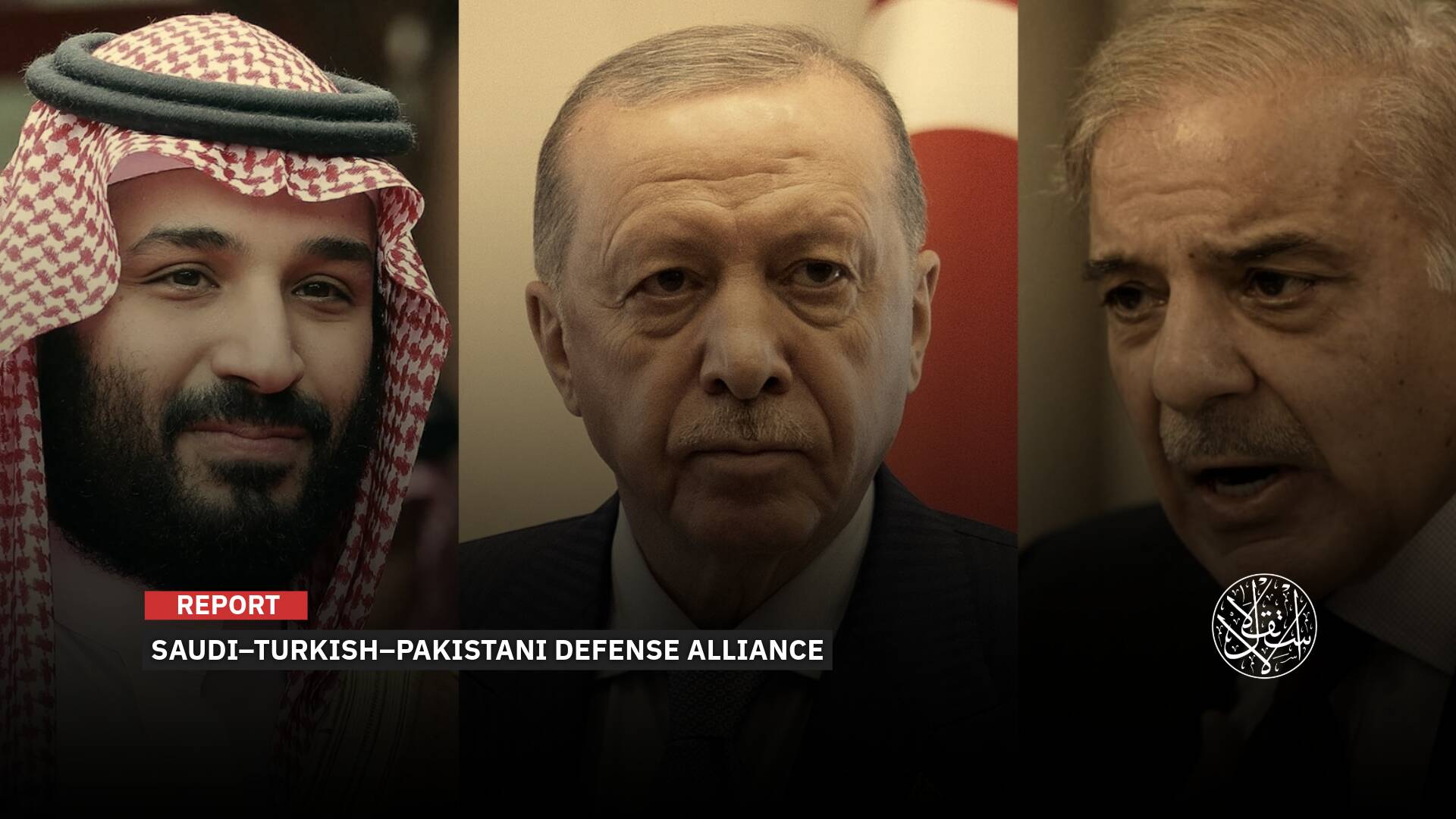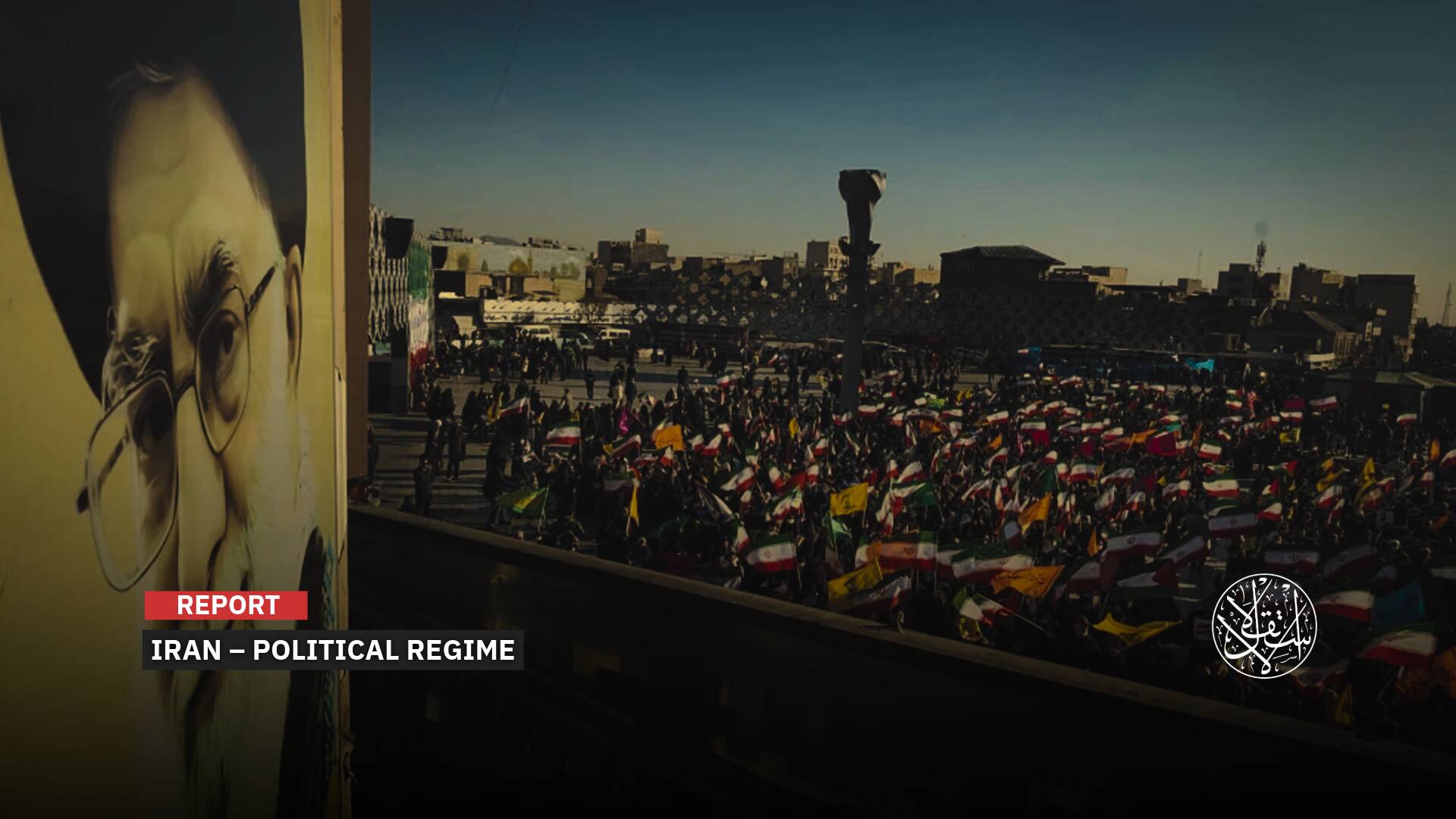After Ocalan’s Decision: How Will the PKK’s Dissolution Impact Syrian Democratic Forces?

The SDF will try to strengthen its position by moving away from the PKK.
Jailed PKK leader Abdullah Ocalan’s call for his party to lay down arms and dissolve carries an implicit message to the Syrian Democratic Forces (SDF).
In a historic declaration in Istanbul on February 27, 2025, Ocalan urged all armed groups to disarm and for the PKK to dissolve itself.
The statement was read by a delegation of MPs from the pro-Kurdish Peoples' Equality and Democracy Party (DEM) after their visit to Ocalan in his prison on Imrali Island, off the coast of Istanbul.
Ocalan, 75, who has been imprisoned for 26 years, said he takes “historical responsibility” for this call.
His long-awaited message was read in Kurdish and then Turkish in a central Istanbul hotel, in front of a large image of him holding a blank sheet of paper, with journalists in attendance.

SDF Distances Itself
Mazloum Abdi, commander of the Kurdish-led Syrian Democratic Forces (SDF), welcomed Ocalan’s call for the PKK to disarm and dissolve, calling it a “positive” step, but stressed that his forces are not concerned with that.
“We see this initiative in a positive light because it is about peace here,” he stated in an online press conference.
However, Abdi said the long-imprisoned Ocalan's announcement applied only to the PKK and was “not related to us in Syria.”
Abdi's comment signalled Ocalan's announcement would have no immediate impact on the SDF despite the affiliation of Syria’s main Kurdish groups at the core of the SDF - the People's Protection Units (YPG) - to the PKK, as per Reuters.
The PKK, founded in 1978, is classified as a terrorist organization by Turkiye, the United States, and the European Union. It launched an armed insurgency against Ankara in 1984, seeking an independent Kurdish state, resulting in over 40,000 deaths.
After the Syrian uprising began in 2011, the now-ousted Bashar al-Assad regime, which had longstanding ties with the PKK, handed over control of certain areas in al-Hasakah province to PKK-affiliated leaders.
This led to the formation of the so-called “Autonomous Administration,” which later became the political umbrella for the SDF following its establishment in October 2015 with U.S. backing.
The People’s Protection Units (YPG), the backbone of the SDF, serve as the armed wing of the Democratic Union Party (PYD), which is the Syrian branch of the PKK.
Ocalan’s declaration came after Syrian revolutionary factions toppled the Assad regime on December 8, 2024, while the SDF refused to hand over its territories to Damascus.
The SDF continues to control vast areas across four Syrian provinces—al-Hasakah, ar-Raqqah, Deir ez-Zor, and Aleppo’s countryside—despite the integration of all armed factions into the Ministry of Defense and the newly formed Syrian Army.
The SDF has insisted on joining the new military structure as a unified bloc, a demand rejected by Damascus, which insists on dissolving the group and integrating its fighters individually into the national army.
The final communiqué of the Syrian National Dialogue Conference, held at the Presidential Palace in Damascus on February 24–25 with broad participation except for the SDF, stated that “any armed formations outside official institutions are considered unlawful groups,” indirectly referring to the SDF.
On February 27, Abdi reiterated his rejection of dissolving the SDF, stating, “A new Syria is taking shape [..] Of course, we must have a place in the new Syrian army.”

A New Game
During a meeting with his Turkish counterpart, Hakan Fidan, in Ankara on January 15, 2025, Asaad al-Shaibani, the foreign minister of Syria’s transitional government, stated that “the presence of SDF forces in the north and east of the country is no longer justified.”
Currently, the new administration is negotiating with the SDF over the fate of the territories under its control, which remain the biggest obstacle to full control over Syrian land.
However, many experts believe that the SDF will not adhere to Ocalan’s call and is instead leveraging its disassociation from the PKK to strengthen its negotiating position with Damascus.
This comes despite Mazloum Abdi’s statement, made days before Ocalan’s declaration, in which he revealed that the imprisoned PKK leader had personally informed him in advance of the call for disarmament.
“Ocalan’s statement holds significance for Kurds across the region, yet the PKK itself is fragmented into multiple factions that have diluted its decision-making power,” political analyst Mudhar Hammad al-Asaad told Al-Estiklal.
“There is Murat Karayilan’s faction, Cemil Bayik’s faction, and others spread across Turkiye, Iraq, Iran, and Syria.”
Regarding the SDF in Syria, al-Asaad pointed out that “the PKK’s Iranian wing wields significant influence over it and opposes Ocalan’s call.”
“The SDF’s rejection of Ocalan’s decision is an attempt to publicly distance itself from the PKK, sending a message to the world that it has no ties to this group, which is designated as a terrorist organization globally.”
However, al-Asaad dismissed this move as a “transparent and deceitful ploy that Damascus will not fall for,” noting that for over a decade, the SDF has displayed Ocalan’s images and PKK flags in al-Hasakah, ar-Raqqah, Deir ez-Zor, and rural Aleppo.
“They have incorporated Ocalan’s ideology into school curricula, and every year, protests are held in SDF-controlled areas in al-Hasakah demanding his release,” he added.
Turkiye has intensified pressure on the SDF to dismantle its forces, following multiple military operations inside Syria in recent years, conducted in coordination with the Syrian National Army, which led to the SDF’s expulsion from vast border areas.
With the Assad regime's fall and Iran's exit from Syria—both longtime SDF allies—the group finds itself increasingly isolated, with no real option but to disarm and surrender its control over oil and gas resources to Damascus, which aims to revive Syria’s economy.
‘The Qandil Effect’
Turkiye is intensifying its calls for the United States to withdraw its support for the Syrian Democratic Forces (SDF).
Turkish Foreign Minister Hakan Fidan urged Washington to reassess its alliances, particularly in the fight against ISIS in Syria.
He emphasized that the U.S. should not feel compelled to back the PKK and its Syrian affiliate, the YPG, which Ankara views as a national security threat.
Fidan also criticized Washington’s reliance on the SDF to oversee ISIS detainees in al-Hasakah prisons, calling it a “toxic issue” in U.S.-Turkiye relations.
He also warned that the SDF’s efforts to establish an autonomous region in northeastern Syria would make reconciliation with Damascus impossible.
Observers believe that reshaping Turkiye’s relationship with the PKK could pave the way for resolving the SDF issue with the Syrian government.

Syrian Defense Minister Murhaf Abu Qasra stated on January 22, 2025, that negotiations with the Syrian Democratic Forces (SDF) remain open, but warned, “If force becomes necessary, we are ready.”
Abu Qsara added that the SDF cannot be integrated as a single entity within the Ministry of Defense, as it does not serve the national interest. “So far, negotiations with them remain unclear.”
However, many observers believe that the final decision regarding the SDF’s future in Syria ultimately lies with PKK fighters based in the Qandil Mountains in northern Iraq.
Turkish political analyst Samir Salha emphasized in a televised interview that Abdullah Ocalan’s call to disarm was also directed at the SDF in Syria.
“Everyone knows the PKK leadership has significant influence over the SDF, as their connection in terms of leadership and strategy is undeniable.”
According to Salha, the SDF cannot distance itself from Ocalan’s appeal, especially now that the push for autonomy has failed—forcing the group to reconsider its political ambitions in Syria.
Sources
- Turkey continues operations on PKK in Iraq, Syria despite Ocalan call
- SDF chief says PKK disarmament call 'not related to us in Syria'
- PKK declares ceasefire with Turkiye after 40 years of conflict [Arabic]
- PKK declares ceasefire with Turkey after more than 40 years of conflict
- Syrian Defense Minister Waves "Force" to "SDF" [Arabic]


